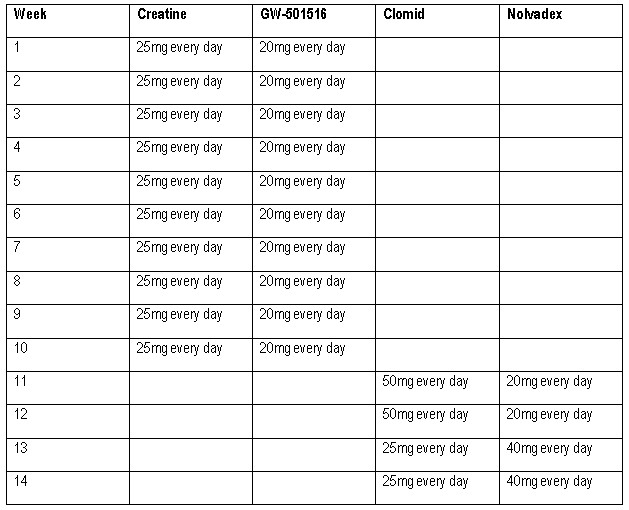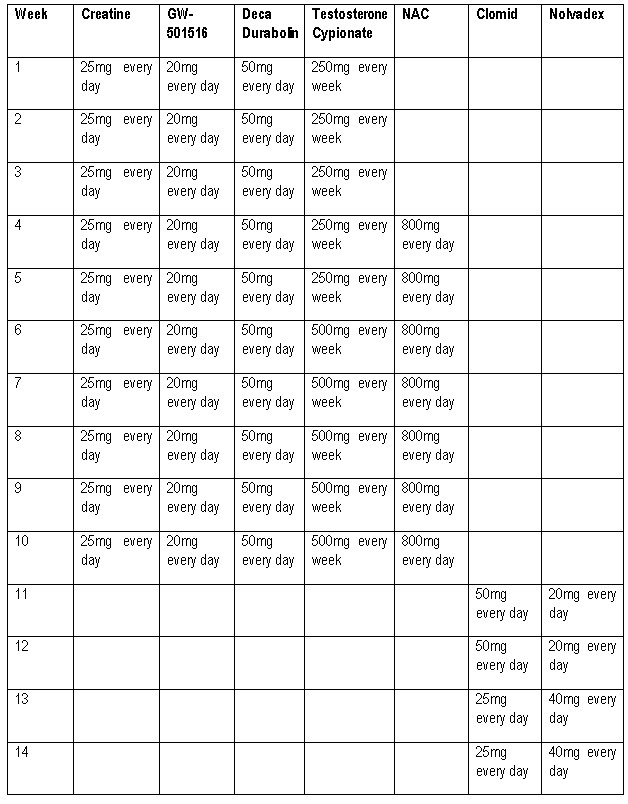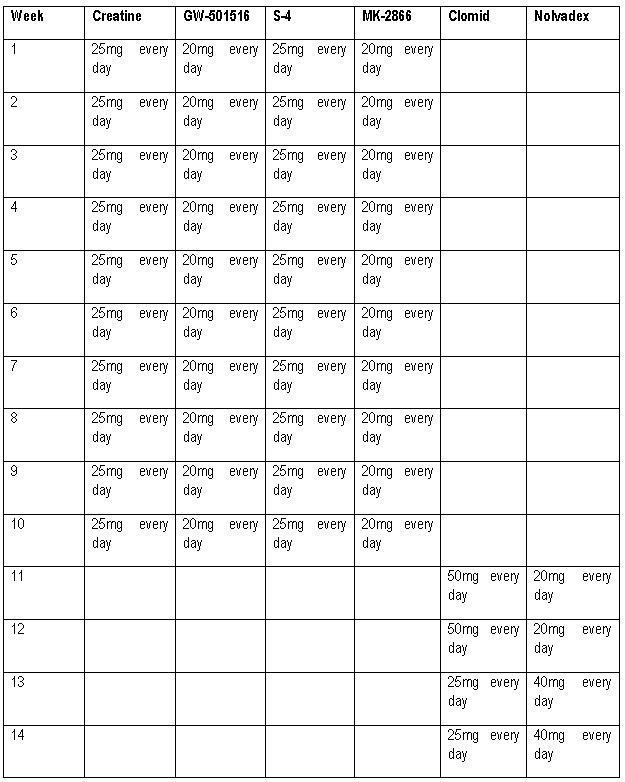Creatine And Magnesium Explained
Creatine And Magnesium Explained

In the realm of sports nutrition and supplementation, two powerhouse compounds have garnered significant attention for their roles in enhancing performance, muscle growth, and overall health. Creatine and magnesium, although distinct in their functions, play crucial roles in various physiological processes that contribute to optimal physical well-being. In this comprehensive blog post on Creatine and Magnesium explained, we will delve into the intricacies of creatine and magnesium, exploring their individual benefits, mechanisms of action, and how they can complement each other in promoting overall health and performance.
Understanding Creatine
What Does Creatine Mean?
Creatine is a compound that occurs naturally and is present in limited quantities in some foods. It is also produced by the human body, mainly in the liver, kidneys, and pancreas. It consists of a trio of amino acids, which are arginine, glycine, and methionine. The majority of creatine in the body is stored in muscles in the form of phosphocreatine.
Role in Energy Production:
ATP Regeneration: Creatine is crucial for the renewal of adenosine triphosphate (ATP), which is the main energy source for cells. When engaging in brief periods of high-intensity exercises, like weight training or fast running, ATP is quickly consumed. Creatine assists in restoring ATP levels, enabling continued energy generation.
Enhanced Exercise Performance: Taking creatine supplements has been demonstrated to boost performance in activities that are intense but brief by raising the levels of ATP accessible. This is particularly beneficial for activities that rely on quick bursts of power.
Muscle Growth and Strength:
Cellular Hydration: Creatine supplementation may lead to increased water content in muscle cells, contributing to cellular hydration. This cellular swelling is believed to stimulate muscle growth.
Protein Synthesis: Creatine has been shown to enhance protein synthesis, supporting the process of building and repairing muscle tissue. This can result in increased muscle mass and strength over time.
Recovery and Reduced Fatigue:
Lactic Acid Buffering: Creatine has the potential to act as a buffer against lactic acid accumulation during exercise. This buffering effect may contribute to a reduction in muscle fatigue and faster recovery between bouts of high-intensity exercise.
Cellular Energy Reserve: By aiding in the regeneration of ATP, creatine contributes to maintaining a cellular energy reserve. This reserve can be especially valuable during repeated bouts of intense exercise.
Understanding Magnesium
What is Magnesium?
Magnesium is an essential mineral that plays a crucial role in various physiological functions within the body. It is involved in over 300 enzymatic reactions, impacting processes such as energy production, muscle function, and nerve transmission.
Roles in the Body:
Energy Metabolism: Magnesium is a cofactor for enzymes involved in the production and utilization of ATP. It plays a key role in glycolysis, the citric acid cycle, and oxidative phosphorylation, contributing to energy metabolism.
Muscle Contraction and Relaxation: Magnesium is essential for proper muscle function, acting as a calcium antagonist that facilitates muscle relaxation. It is crucial for the regulation of muscle contractions, making it integral to physical performance.
Nerve Transmission: Magnesium plays a role in nerve signal transmission, supporting communication between nerve cells. This is essential for the coordination of muscular movements and overall neuromuscular function.
Calcium Absorption: Magnesium facilitates the absorption of calcium into bone tissue, contributing to bone health and density. It works in synergy with calcium and vitamin D to maintain skeletal integrity.
Prevention of Osteoporosis: Adequate magnesium intake has been associated with a reduced risk of osteoporosis. It supports bone health by promoting bone mineralization and density.
Cardiovascular Function:
Blood Pressure Regulation: Magnesium plays a role in blood pressure regulation by influencing the relaxation of blood vessel walls. It may contribute to the prevention of hypertension and support overall cardiovascular health.
Heart Rhythm Stability: Proper magnesium levels are crucial for maintaining the stability of the heart's rhythm. Magnesium deficiency has been linked to arrhythmias and other cardiovascular issues.
Creatine and Magnesium Synergy
Energy Production and Utilization:
ATP Synthesis: Creatine supports ATP synthesis, providing rapid energy during short bursts of activity. Magnesium, as a cofactor for enzymes involved in energy metabolism, enhances the efficiency of ATP production.
Mitochondrial Function: Both creatine and magnesium play roles in mitochondrial function, the powerhouse of the cell where ATP is generated. Their combined action contributes to optimal cellular energy production.
Muscle Function and Performance:
Muscle Contraction: Magnesium is crucial for muscle contraction and relaxation, while creatine supports the regeneration of ATP, a key factor in muscle function. The synergy between the two can enhance overall muscle performance.
Reduced Cramping: Adequate magnesium levels have been associated with a reduction in muscle cramps. Combining magnesium supplementation with creatine may further support muscle function and reduce the risk of cramping.
Recovery and Reduced Fatigue:
Electrolyte Balance: Magnesium, as an electrolyte, plays a role in maintaining proper fluid balance in and around cells. This, combined with creatine's potential lactic acid buffering effect, contributes to reduced muscle fatigue and enhanced recovery.
Neuromuscular Coordination: The synergistic effects of creatine and magnesium on neuromuscular function can enhance coordination, reducing the risk of injury and supporting optimal movement patterns.
Bone Health and Calcium Utilization:
Calcium-Magnesium Balance: Magnesium aids in the absorption and utilization of calcium for bone health. This balance is crucial for skeletal integrity. Combining magnesium intake with creatine's potential impact on bone density contributes to comprehensive bone health.
Joint Health: The combination of creatine and magnesium may contribute to joint health by supporting the overall musculoskeletal system. This is especially relevant for athletes and individuals engaged in intense physical activities.
Cycles For Men



Practical Considerations for Supplementation
Creatine Supplementation:
Loading Phase: Some individuals choose to undergo a loading phase when initiating creatine supplementation, typically consuming higher doses for the first few days to saturate muscle stores quickly.
Maintenance Dose: Following the loading phase, a maintenance dose of 3 to 5 grams per day is commonly recommended for ongoing support. Creatine monohydrate is a well-researched and cost-effective form of creatine.
We hope that this information on Creatine and Magnesium explained was useful to you.
Recommended brand - VPLAB supplements







